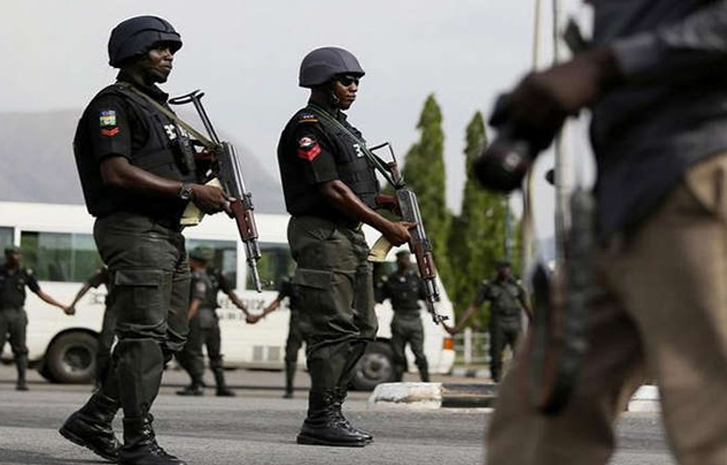Read Also: Nigerians Accuse Police Of Withdrawing From Road
Now, the challenge is that adopting a digital information management system is capital-intensive. To migrate to Information and Communication Technology (ICT)requires megabucks. In fact, without adequate funding of the Police, moving from SARS to SWAT or whatever nomenclature may not bring any meaningful difference or dividends the masses target to see. Police whether SARS, SWAT, or conventional Police provide for daily running or operations at their various divisions. This is a blunder and must be critically addressed.
In other words, maintenances at Police stations, operations vehicles, and many other necessaries are provided from bribes and inducements to Police officers including SARS on duty posts, and their locations determine volumes to submit to superiors. Then, to secure their duty posts if ‘lucrative’, the money will always have to exchange hands with superiors to avoid a transfer. Suffice to say that many official tasks are being handled with funds generated from kickbacks, bribes, and all manner of corrupt practices at the detriment of the helpless masses. This, therefore, suggests that police brutality and excesses may never end without dealing with the matter from the basic.
Thus, a robust and effective reform of the Police has huge financial implications. To fund all Police stations across the nation adequately and provide good remuneration for its workforce demands that funds must be created. And one way to create the needed funds is to block the leakages in the country. A major leakage in the country that continues to drain the treasury is the National Assembly that is running a Bicameral legislature for a developing nation that still struggles to put basic infrastructures in place.
The Senate which is the upper chamber performs exactly the same tasks as the lower chamber; House of the Representatives, and this demands critical review particularly now the nation is facing COVID-19 lockdown resultant effects like many other counties around the world. Besides, all the states and Federal Capital Territory (FCT) run a Unicameral legislature; a single legislative chamber, unlike the National Assembly.
Those 36 states in Nigeria that run Unicameralism are operating without hitches, and therefore, there is no sensible justification for Federal Government to continue with the Bicameral legislature when the tasks can be performed by one chamber. No doubt, the founding fathers borrowed it from developed nations with good intentions, but at the moment, it is not practicable but counterproductive. Maybe, in the future, it may be considered all things being equal.
If we conscientiously ponder the volume of funds required to maintain and run the two chambers that perform the same tasks, the results will show that the country is wearing oversized shoes imitating developed nations like the USA, United Kingdom, etc. We must not imitate developed nations in everything. Let’s look at the size of our treasury first prior to copying other nations’ policies. Despite the height of corruption that thrived during military juntas in Nigeria, many of them were able to put in place some edifying capital projects we use today due to the absence of a Bicameral legislature that gulps extremely the nation’s treasury.
We must recall that during the tenure of Babatunde Fashola (SAN) as governor of Lagos, the government created a Security Trust Fund and many observers can attest that with the improved funding, the Police performed above average in their tasks of protecting lives and property of citizens in the state. So, adequate funding of Police is fundamental. It is when the necessary things are put in place, we can actually know those that are bad eggs in the Force. But as Police officers are always given targets to provide illicit funds from their duty posts for administrative tasks in their Divisions by superiors, it may be difficult to fish out the bad eggs. This is a hidden fact but a major challenge that must be addressed for a realistic and sustainable reform.
Umegboro is a public affairs analyst and Associate, Chartered Institute of Arbitrators, United Kingdom.
THE GUARDIAN
